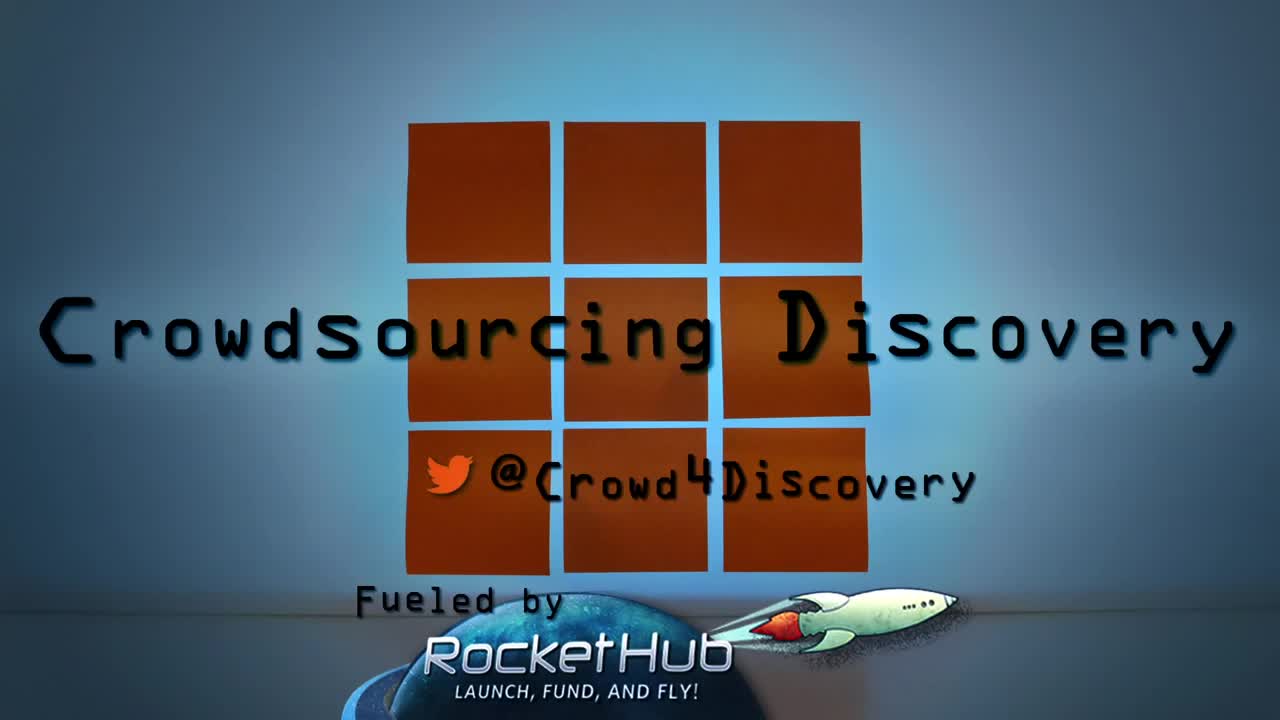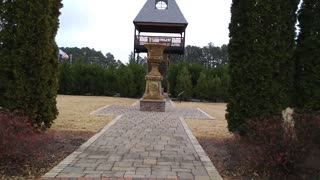Premium Only Content

Crowdsourcing Discovery
It is time to experiment with the way we experiment. Using the Internet, we will enable the public to fund and participate in an open model of basic scientific research.
The Web, itself the fruit of curiosity-driven basic research, has transformed every industry and creative endeavor it has touched, promoting collaboration, openness and efficiency. But scientists are stuck in a closed, pre-Internet mindset. We aim to change that.
Who are we, and what do we want to do? For 5 years, Ethan Perlstein's lab at Princeton University has been developing a new evolutionary approach to studying how drugs work. For nearly 2 decades, David Sulzer's lab at Columbia Med School has been a leader in the study of how drugs affect the brain.
Our labs will now join forces to tackle a longstanding puzzle in mental health research: how does the family of drugs called amphetamines, which includes methamphetamine ("crystal meth"), actually work? Millions of people take these drugs every day, but we don't fully understand what they do at the cellular level. How can we hope for new treatments to brain diseases or addiction without basic understanding?
Simple: we can't.
We will use powerful, proven techniques to determine precisely where these drugs go deep inside brain cells, because in order to figure out how drugs work you first have to locate where they accumulate. Decades ago a similar approach famously demonstrated where the psychedelic drug LSD works within the brain. Since this is uncharted territory, we don't know for sure where they will end up, which means that you get to experience the thrill of discovery as it occurs!
To make this open approach work we need your support, and we invite you to the kickoff party for the first fully crowdsourced basic research project. Come and meet the team to learn more about Crowdsourcing Discovery!
-
 2:20
2:20
BBfromTN
3 years agoDiscovery Park Of America
33 -
 3:11
3:11
Road Tripping Canadian
3 years ago $0.01 earnedDiscovery Harbour, Penetanguishene
82 -
 0:20
0:20
Children's Toy Channel
3 years agoMusical Discovery Spinning Top
19 -
 0:34
0:34
EEVblog Channel
3 years ago $0.06 earnedThis discovery changes EVERYTHING! #shorts
2453 -
 36:38
36:38
Athlete & Artist Show
1 month ago $0.97 earnedNCAA Hockey Was A Joke, TNT Hockey Panel Is The Best In Sports
6.12K1 -
 1:00:08
1:00:08
Trumpet Daily
21 hours ago $3.63 earnedBanning Mystery of the Ages - Trumpet Daily | Jan. 17, 2025
6.76K16 -
 15:10
15:10
Chris From The 740
1 day ago $0.49 earnedEAA Girsan Disruptor X 500-Round Review: Is It Reliable?
4.09K -
 1:00:38
1:00:38
PMG
15 hours ago $1.31 earnedCarnivore & Dr. Shawn Baker - Health Starts With Food
12.7K2 -
 1:28:13
1:28:13
Kim Iversen
16 hours agoCancelled Chef Pete Evans Exposes The One Change That Could End Big Food and Pharma
86.2K79 -
 4:20:21
4:20:21
Nerdrotic
18 hours ago $80.01 earnedDaradevil Born Again, Comics Industry CRASH, Neu-Hollywood REBUILD | Friday Night Tights #337
242K51